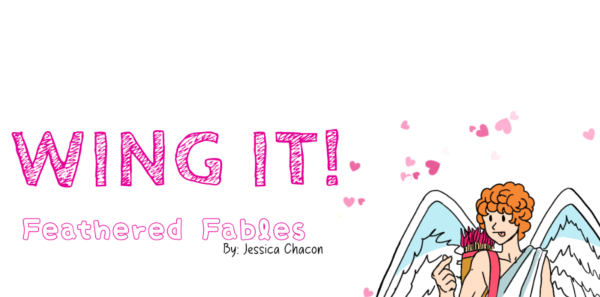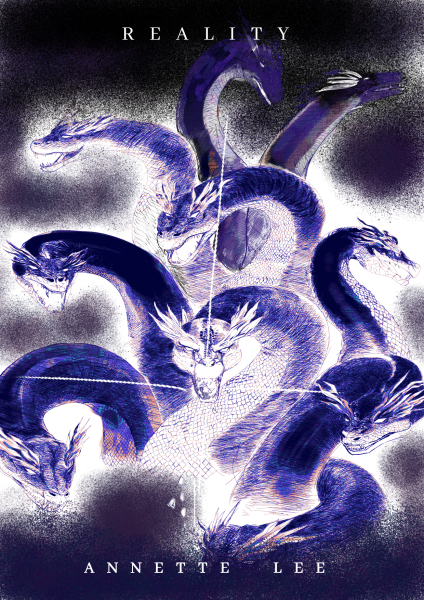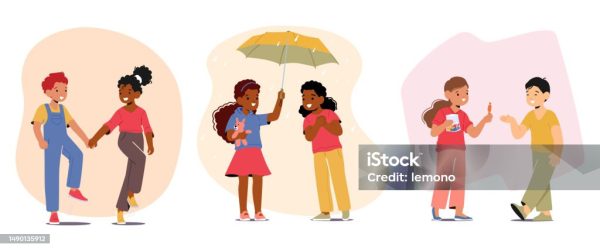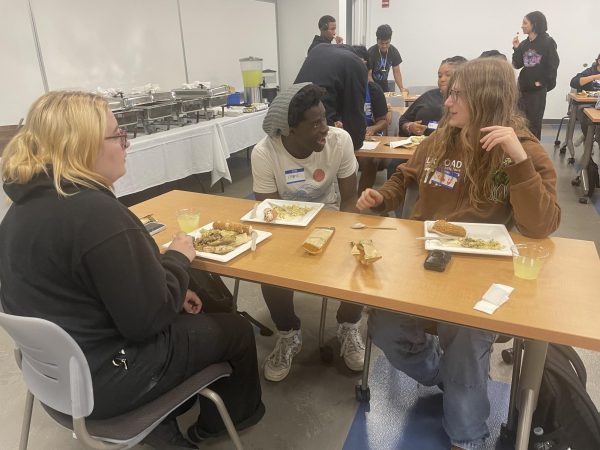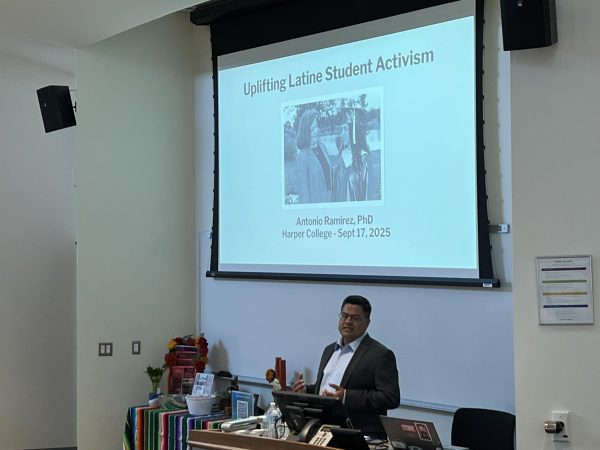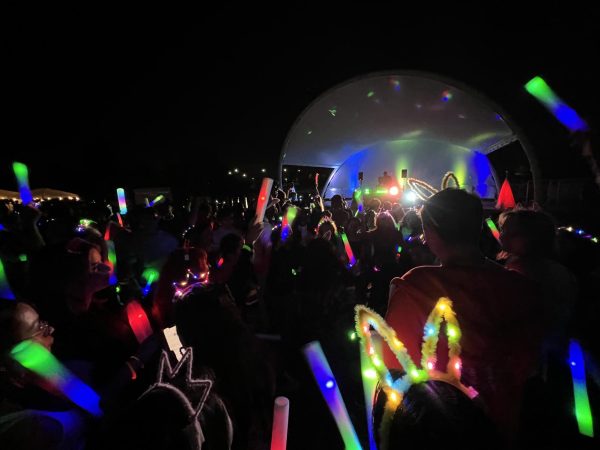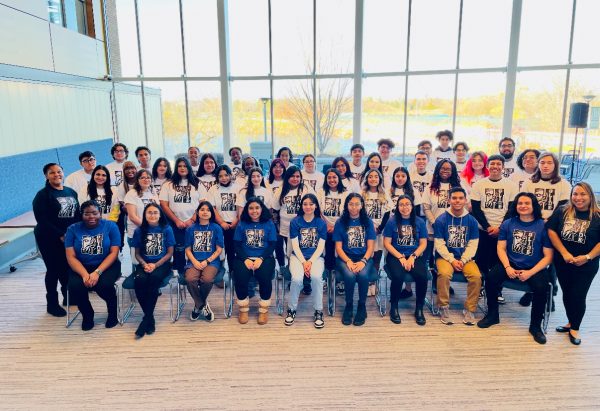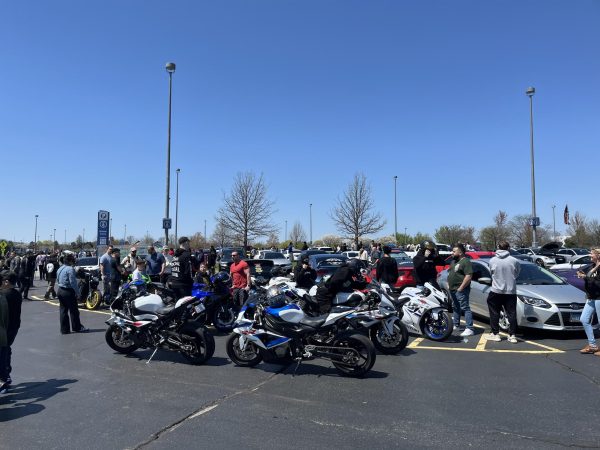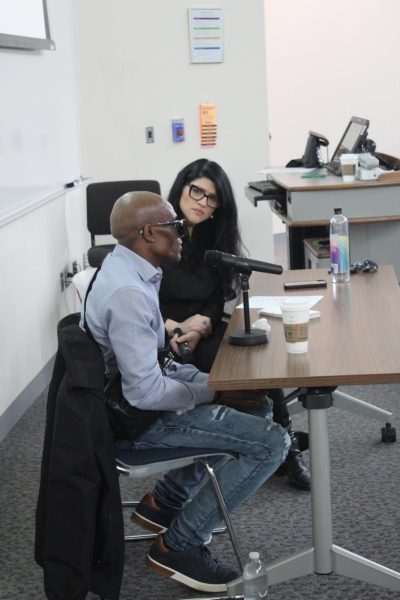Post Valentine’s Day Reminder
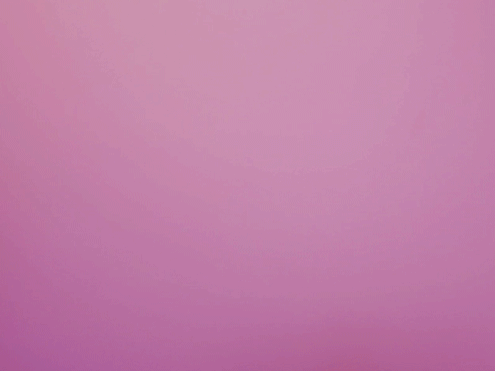
GIF courtesy of creative commons
Last week was Valentine’s Day. The aftermath is still lingering in half eaten boxes of chocolate and slightly worn roses all around us.
Your feelings towards this day probably change annually, depending on whether you find yourself in a relationship or not.
You can’t deny the lovey-dovey selfies and date night pictures that flood your feed, making you feel like shit. It’s contagious– the desperation to find someone, to be loved.
And sometimes chasing love leads us into the arms of the wrong kind of partner.
I found myself in a similar situation a few years ago. I was hooked on the passion of fighting and making up. I became strangely comfortable with abusive language, name -calling. I dealt with his jealousy and out-of-control accusations. I took his obsessive stalking and control as gestures of “love.”
He had tabs on me at all times. I was answerable to him at all times. To him, I was lying at all times.
I wasn’t allowed to have any guy friends. If I did, he would threaten them.
And somehow it all felt “normal.”
“That’s just relationship drama,” I would tell myself, despite some of my friends saying they saw red flags.
Endless tears and many therapy sessions later, I had to accept I was in an emotionally abusive relationship.
I couldn’t believe I let this happen to myself. And what I’ve discovered is that this is happening to young women at an alarming rate.
According to the nonprofit group called Love is Respect, “Among female victims of intimate partner violence, 94 percent of those age 16-19 and 70 percent of those age 20-24 were victimized by a current or former boyfriend or girlfriend.”
All of us probably know a woman who has been in an abusive relationship. Physical abuse is deemed the most extreme, and the signs are easy to pick up. But what happens when you can’t see the obvious bruises?
So this Valentine’s Day, I wanted to remind women that it’s not about the roses. It’s not about the chocolates. It’s not even about the ‘I love yous.’
It’s about respect. It’s about self-love. It’s about maintaining both.
If you’re always feeling hurt, scared or anxious in your relationship, it’s time to ask why. Few seem to recognize the emotional abuse that women, specifically, go through, making it difficult to recognize when we have an emotionally abusive partner and how to seek help.
Don’t fall into the mind set that it could never be you, or that you’re smarter than that. Because, I’ll tell you first hand, I thought I was smarter than that and still found myself in an abusive relationship.
According to an article on Healthline.com, you may be in an abusive relationship if your partner demonstrates any of the following: jealousy, guilt, controlling behavior, and unpredictability. These are not the only signs of emotional abuse by any means; there are many more that can differ for each situation.
The one-off incident does not make someone abusive. The key is to look for patterns.
Controlling, abusive people will always be common. The thing that shocks me more are the women who let it continue in their relationships. Why? Is that true love?
I wish more people would talk about self love around Valentine’s Day instead of prioritizing being in a relationship with someone else.
And I’m not talking about self love as being cheesy affirmations or taking a bubble bath.
I’m talking about where you set your boundaries and how you allow people to treat you.
“While a woman may know intellectually that she isn’t fat or ugly or stupid, the driver of body-image is emotions, and in an abusive relationship these are under the manipulative control of the abuser,” explains Jodie Gale, therapist and leading specialist in women’s emotional, psychological and well-being.
The abuse a partner puts you through is never your fault. No one ever deserves to be abused by a partner. But at some point — we need to recognize it (and help our friends/siblings/co-workers recognize it) and find a way out. Research supports the idea that most abusive partners don’t change. So please, don’t stick around. Instead, love yourself–like crazy–and get out.
The first step in getting out of an abusive relationship is to realize you’re in one. I know this may sound easy, but it’s not and many fail to realize it.
After you can recognize you’re in one, realize that this was never your fault. You did nothing wrong to deserve the abuse given to you.
Abuse is abuse — whether physical or emotional. Protecting yourself is your right and it’s not selfish.
You are not alone. If you feel alone or helpless, you can contact the national domestic abuse hotline, 1-800-799-7233, for help whenever/wherever.
And finally, regardless if it’s Valentine’s day or not, love yourself first. Always.
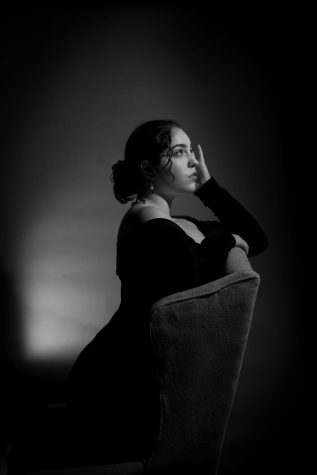
Micaela plans to pursue a major in sociology and hopes to teach the subject at a college level in her future. She also is a lover of art; she is a dancer...



